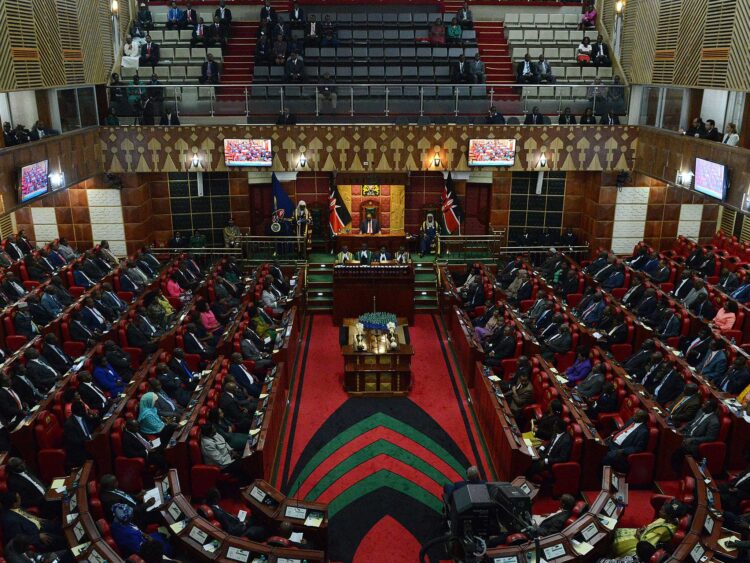Quick Breakdown
- Kenya’s parliament has passed the Virtual Asset Service Providers Bill, creating the country’s first comprehensive legal framework for cryptocurrencies and virtual assets.
- The Central Bank of Kenya (CBK) will license stablecoins and other digital assets, while the Capital Markets Authority (CMA) will regulate exchanges and trading platforms.
- Lawmakers say the bill will boost investor confidence and position Kenya as a leading African hub for crypto innovation once signed into law by President William Ruto.
Kenya’s parliament has approved the Virtual Asset Service Providers Bill, marking a historic step toward establishing a clear regulatory framework for cryptocurrencies and virtual assets. The bill, passed last week, awaits President William Ruto’s signature to become law, according to a Reuters report.
According to Reuters, Kenya’s parliament has passed the Virtual Asset Service Providers Bill to establish a regulatory framework for the digital asset sector, aiming to attract investment and standardize trading practices. The bill authorizes the central bank to license the…
— Wu Blockchain (@WuBlockchain) October 13, 2025
Dividing oversight between key regulators
Under the new law, the Central Bank of Kenya (CBK) will oversee the issuance and licensing of stablecoins and other digital assets, while the Capital Markets Authority (CMA) will regulate cryptocurrency exchanges and trading platforms. Kuria Kimani, chair of the National Assembly’s finance committee, said the framework was designed to balance innovation with consumer protection.
“The structure ensures transparency and accountability while encouraging technological growth in the sector,” Kimani explained. The bill aims to address the absence of formal oversight that has long deterred institutional participation in Kenya’s fast-growing crypto market.
Boosting investor confidence and innovation
By introducing legal clarity, the Kenyan government hopes to attract domestic and international fintech firms to invest in the country’s digital economy. Several exchanges and blockchain startups are reportedly in talks with authorities to establish operations once the law takes effect.
Officials believe the legislation will help position Kenya as a key digital asset hub in Africa. Crypto adoption among Kenya’s youth has surged in recent years, with many using digital assets for payments, cross-border remittances, and investments.
Lawmakers say the bill also aligns with global standards for anti-money laundering (AML) and consumer protection, ensuring that Kenya’s digital asset market grows within a secure and transparent framework. Once enacted, it will make Kenya one of the first African nations to implement a full-fledged crypto regulatory regime.
In a separate development, Kenya’s High Court has issued a landmark ruling ordering the global deletion of biometric data collected by Worldcoin, following mounting scrutiny of the project’s data collection practices. The ruling comes after Indonesia’s data regulator recently banned Worldcoin’s operations over similar concerns about how biometric and personal data are stored and processed.
If you would like to read more articles like this, visit DeFi Planet and follow us on Twitter, LinkedIn, Facebook, Instagram, and CoinMarketCap Community.
Take control of your crypto portfolio with MARKETS PRO, DeFi Planet’s suite of analytics tools.”





















